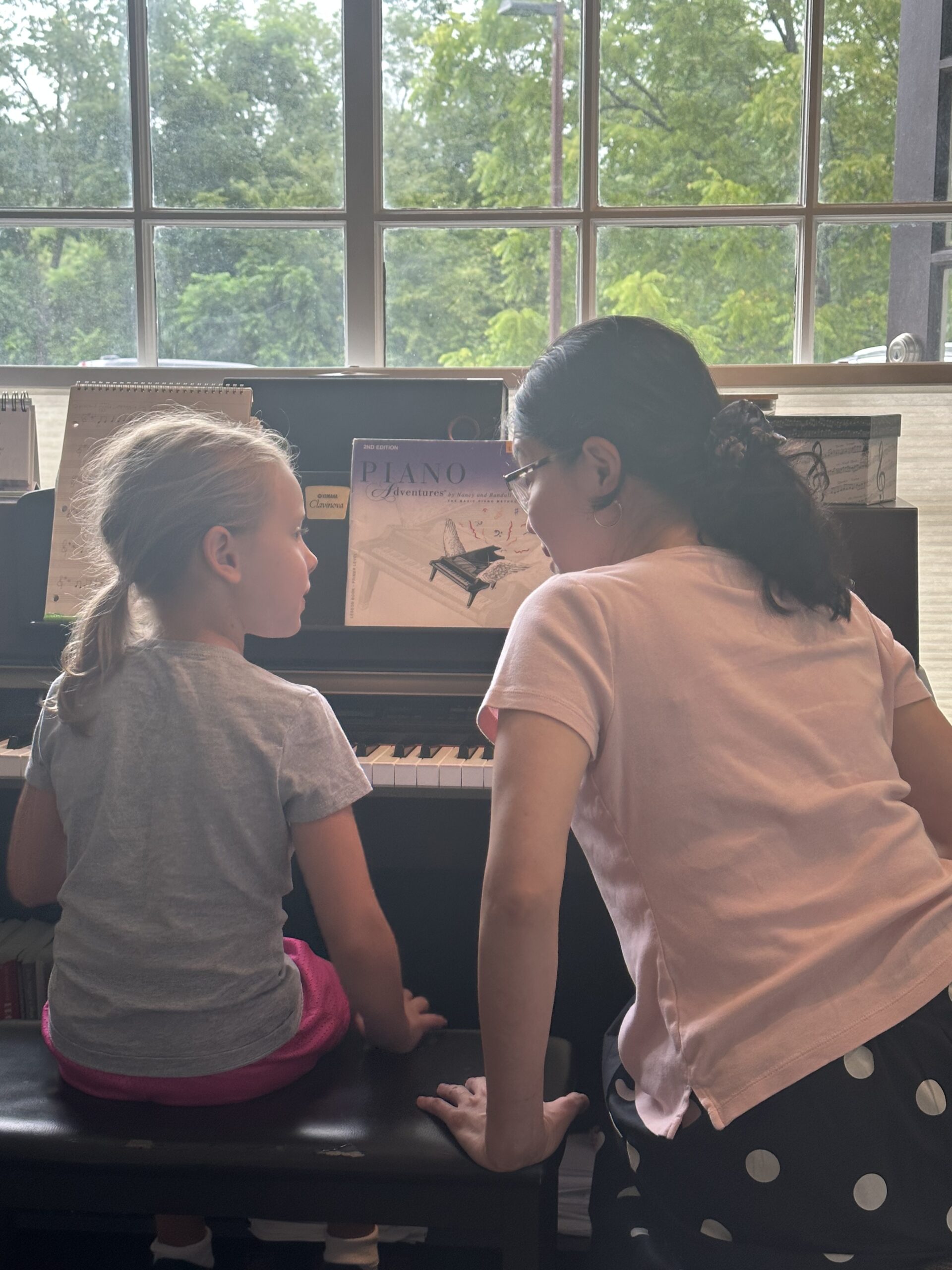
Statement of Teaching Philosophy, Liang-Fang Chang, D.M.A.
Score Reading:
In my teaching, I encourage students to read the score as much and as carefully as possible before they start any serious technical practice. It also allows them to ask questions about specifics that are not clear to them. By doing so, with my assistance, they can have a better understanding of the overview of the piece they are learning including its structure, harmonic language, and musical style, rather than merely knowing only the notes. I believe that way, students will not only shorten the duration of learning new pieces but also have profound understanding of the pieces and more secure memorization during the performance.
Efficient Practice:
I encourage students to practice efficiently through setting specific goals for each practice session. Since I ask them to take a 5-10 minutes break every 50-60 minutes, the practical goal is set for these hour segments, such as improving certain technique issues, memorizing some complex harmonic passages or refining the tone color of a section. By doing this, practice becomes a more productive activity instead of a mechanical repetition.
Arm Technique:
In terms of technique and good sound production, I emphasize for students to utilize proper arm technique, learning awareness of suppleness in their shoulder, elbow and wrist joints in order to achieve rich, meaningful sound. Oftentimes, students practice with their fingers only but forget to connect them with their arms, shoulders, or their torso. When students rely only on their fingers, they can potentially play rapid passages but often lack warm sound and refined quality of legato. In addition, reliance on finger technique only, has the potential to cause hand injuries, an issue all pianists try to prevent.
Learn to Listen:
Another important concept I mention to students is self-evaluation. To be able to self-evaluate, they need to learn to develop acute listening skills. I strongly believe better listening skills make for better musicians at any level. Each time after a student finishes playing, I ask: What do you think? Where is the passage you liked / did not like? How will you improve or resolve the difficulty? Those questions actually stimulate students to listen while they
are playing and to think after they play. Through this process students are gradually able to develop their own opinions and the eventual goal is to make them independent musicians.
Understanding the Music Background:
All aspects of piano playing and piano literature is of interest to me. From my own experience, knowing more about the composer I am playing and their historical and cultural context, is of essence to successfully informed performance. I continuously encourage my students along those lines of learning as I strongly believe conducting research of these aspects of the composer is a key to bringing to life the many layers embedded in each work.
For me, teaching is an art. Thoughts, words, and demonstrations can magically inspire students. Sometimes, even a single word can change the entire approach to interpreting the music. As a teacher, I strive to inspire my students not only in learning the notes but also to project the musical ideas embedded in the score they play.
